There are 4 ways to get power today in Nigeria. The grid (NEPA/PHCN/DICO), a generator, an Inverter or a solar generator. While each has its strength, there are clear advantages some hold over the other. We will review them in Numerical order and then you can decide which is the best solution for you.
1. The grid NEPA/PHCN/DISCO. In most countries this is your first choice. It should be reliable, quick to deploy, low cost of ownership and requires no maintenance. In Nigeria and most of Sub Saharan Africa the grid is unreliable. You can go days without power. When the power is delivered it can be epileptic, too low or too high. Can be destructive to appliances and sensitive electronics. You can’t plan because there is no time table for when you will have power. Expensive to deploy in ares that don’t have access to the grid.
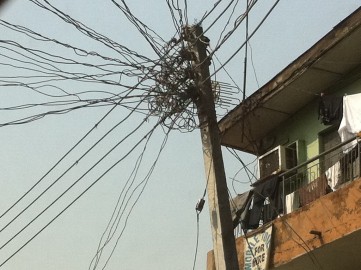
2. A Generator: Inexpensive to buy, very quick to deploy, very easy to purchase and it is a mature solution. Easy to deploy in remote areas Generators are noisy, they pollute, they require expensive fuel frequently, need service and require a ventilated area for installation. High risk of injury from burns or asphyxiation. The cost of fueling a generator can be high if you run them daily. Most small generators are designed as back up and they can’t run for extended periods of time without breaking down or service. Low quality generators can be destructive to sensitive electronics. The running costs are higher than an other solution available.

3. The Inverter: They cost more than a generator per Kw to buy and requires professional installation. They require very little maintenance, make no noise, don’t pollute, can be installed indoors. The require little to no maintenance. Inverters have an automatic transfer switch and UPS function built in. The Inverter needs the grid or a generator to recharge the batteries. They were not designed as permanent solutions, so they get hot during extended use and eventually will suffer failure from excessive heat. The battery chargers on most Inverters lack the proper charge logic, resulting in premature battery failure.
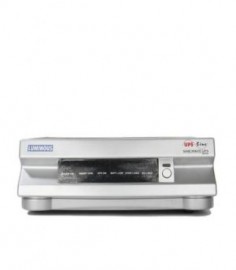
4. Solar power Generator: Has the most initial upfront cost per Kw. Requires installation by an experienced solar professional. Can be designed to meet the budgets and needs of a client. Can be a back up or permanent solution. Makes no noise, does not pollute, designed as a permanent solution, equipment is more robust and will last longer. Comes with a UPS and an automatic transfer switch built in. The batteries will charge with the sun, NEPA/PHCN or a generator. If the system is properly sized you can completely avoid using a generator. Some customers in remote areas have gone completely off the grid. Has running costs that are close to grid power per watt hour. Lowest after the grid. It takes a few days to as much as one month to tailor your usage to your installed capacity. Solar power requires that the panels be cleaned during the dry season.
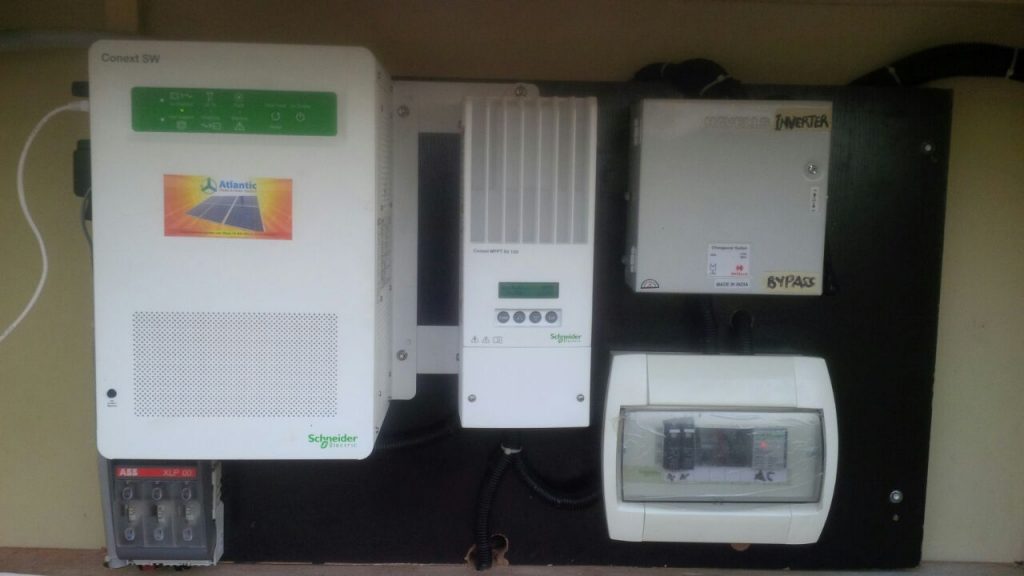
What you decide to use will be determined by your budget, the amount of power you receive from the grid and how much space you have. We hope this helps you decide on a solution that will help you manage the poor supply coming from the grid.
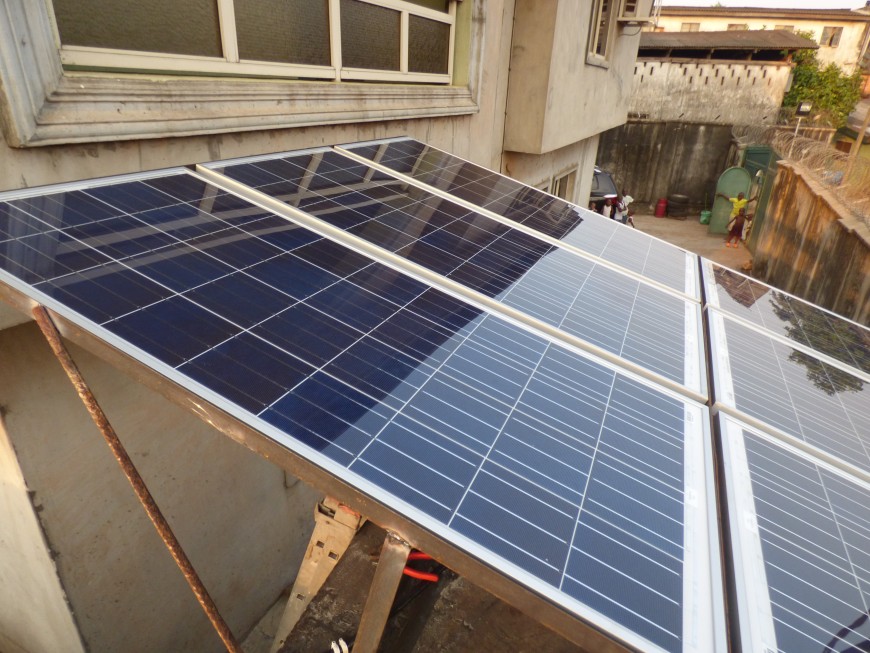
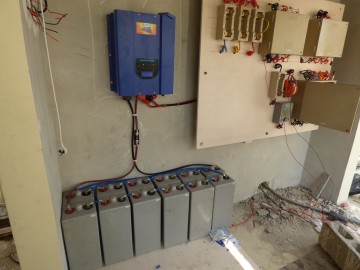
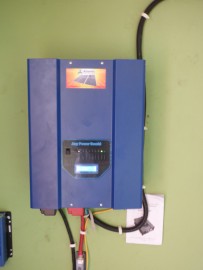
You must be logged in to post a comment.